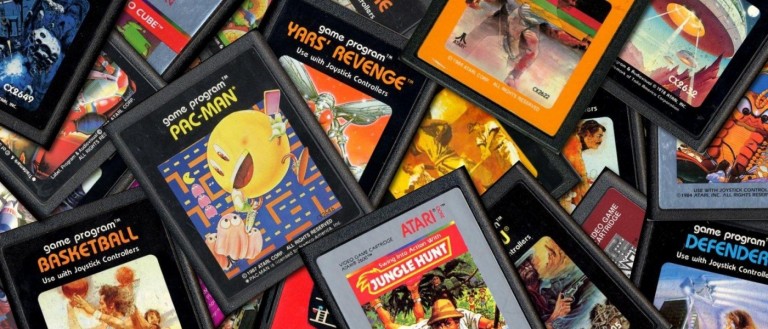“A delayed game is eventually good, a bad game is forever bad.” – Shigeru Miyamoto
Long ago the world of Video Games used to be a very different place from the one we live in today, among other things it used to generally be that first release of every game made was also the final version. This was partially done because the bulk of gaming used to happen on dedicated consoles reading from cartridges with fixed contents, and run on hardware that lacked either internal on external storage options. Things weren’t much better in the PC hardware scene either with the primary distribution method of programs being physical floppy disks, and the earliest modems having data transfer rates only slightly faster than molasses.
Back in those days it was expected that a developer would thoroughly test a product before they released it to the masses, because no customer would ever want a game that was riddled with bugs and/or bad controls. While there has probably never yet been a game that was shipped completely error free, the more respectable companies generally went out of their way to catch the lion’s share of the gameplay ruining bugs. Admittedly, great costs were involved — both in hardware and man hours — to exhaustively test a program long enough to achieve the results that used to be considered professional back in the day.

These days — however — things work quite differently with games regularly receiving alterations after they have already released, made practical through faster Internet transfer speeds and storage capacity becoming common place on all sorts of electronics. This has, for the most part, served as a boon to gaming by allowing developers to use player feedback to fix up far more bugs than they would have ever found in the original double or nothing model. Of course — on the flip side of things — it has also made it possible for developers to ship completely broken PC games, which only work after the installation of a patch that they only began working on after first sending out a bad product.
As of late it has come to seem that developers have simply started using the launch of a game as an extended beta test, knowing full well that their game was not yet ready for prime time when they released it, because all can generally be forgiven so long as they eventually fix the problems within the first month or so. This has lead to errors — of which would have been considered positively unacceptable in the past — regularly being present in new games when they debut onto store shelves, ranging the gamut from broken controls all the way up to progress halting bugs. For someone who grew up in an earlier era of gaming entirely, watching big ticket publishers pull cheap stunts like this on their customers just seems utterly shameful and deplorable.

However, the current practice of using your customers as part of a product’s beta test — which annoys me greatly whenever I catch larger publishers doing it — is also the only reason that the independent game development scene (something absolutely invaluable for iOS devices) has become as prominent as it currently is. It is unreasonable to expect smaller development groups — especially when they have a staff consisting of a singular person — to have either the hardware or the time to extensively test a piece of software by themselves, let alone the fact that it can often be impossible to spot bad design choices without the view point of people who weren’t involved in the game’s development. Without independently made games the world would not have gems such as the highly lauded Minecraft, which would not be where it currently is without benefiting from all the users whom essentially paid Notch for the right to beta test the game for him.
Thus the very nature of patches have made it far more feasible these days for independent developers to compete directly with the big league companies that seem generally only interested in releasing cookie cutter franchise update sequels. So remember that as annoying as it might be to see an iOS game launch with a horrid array of issues, the alternative would leave us all with a far less expansive array of quirky off beat games to enjoy. That still doesn’t mean anyone needs to be appreciative when Sega — a big ticket publisher with wealth and resources on their side — releases a game that perpetually crashes at the title screen on most of the devices they claimed it was supported by, such as Crazy Taxi’s recent iOS port.


